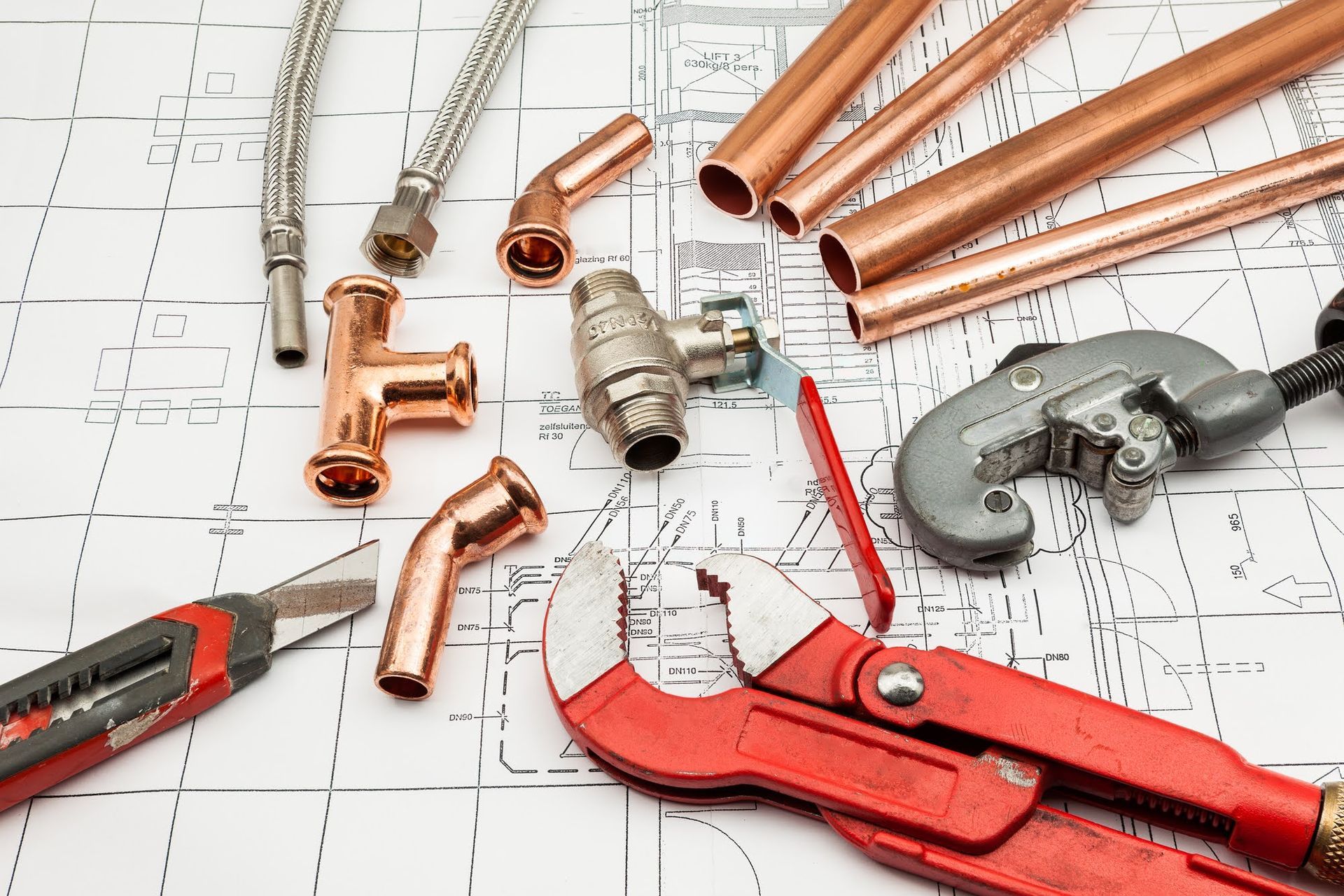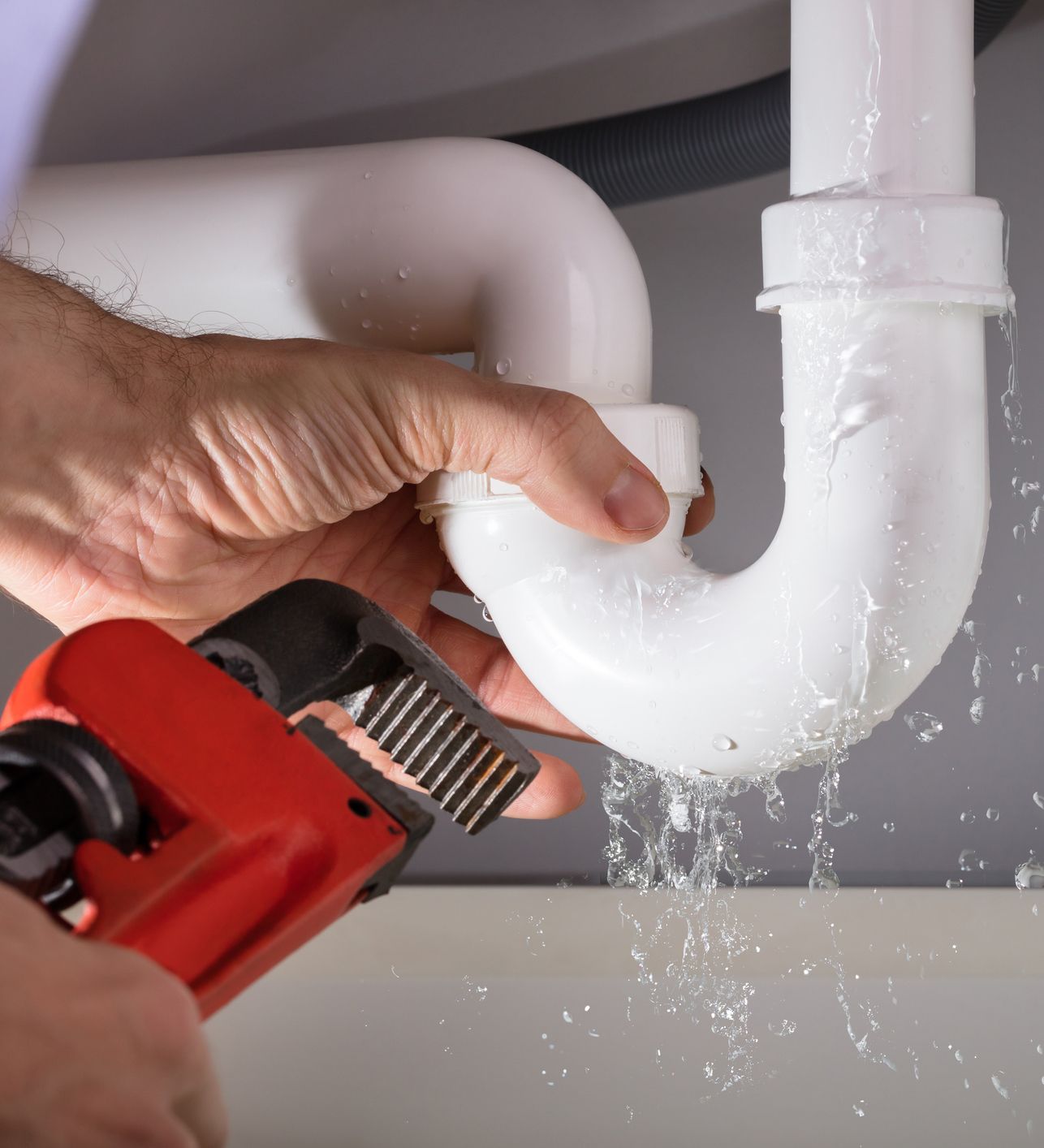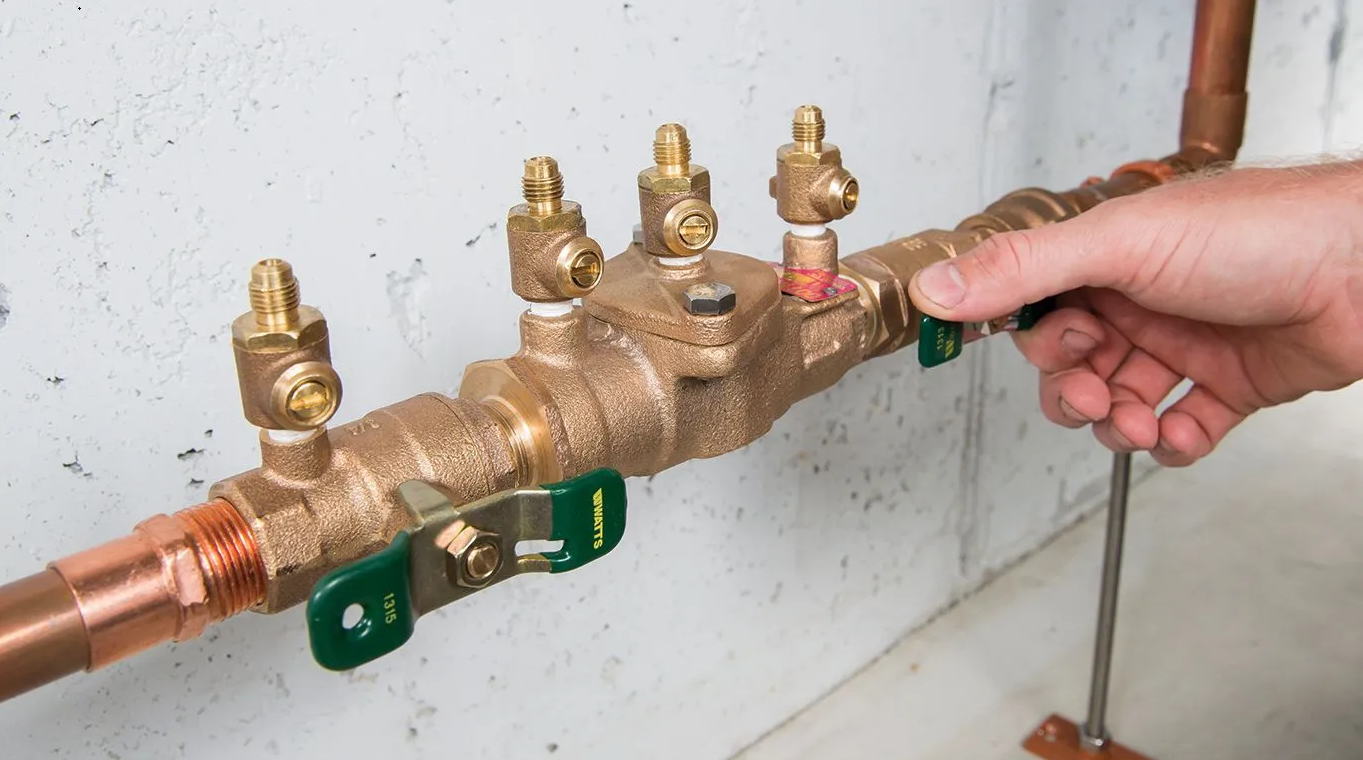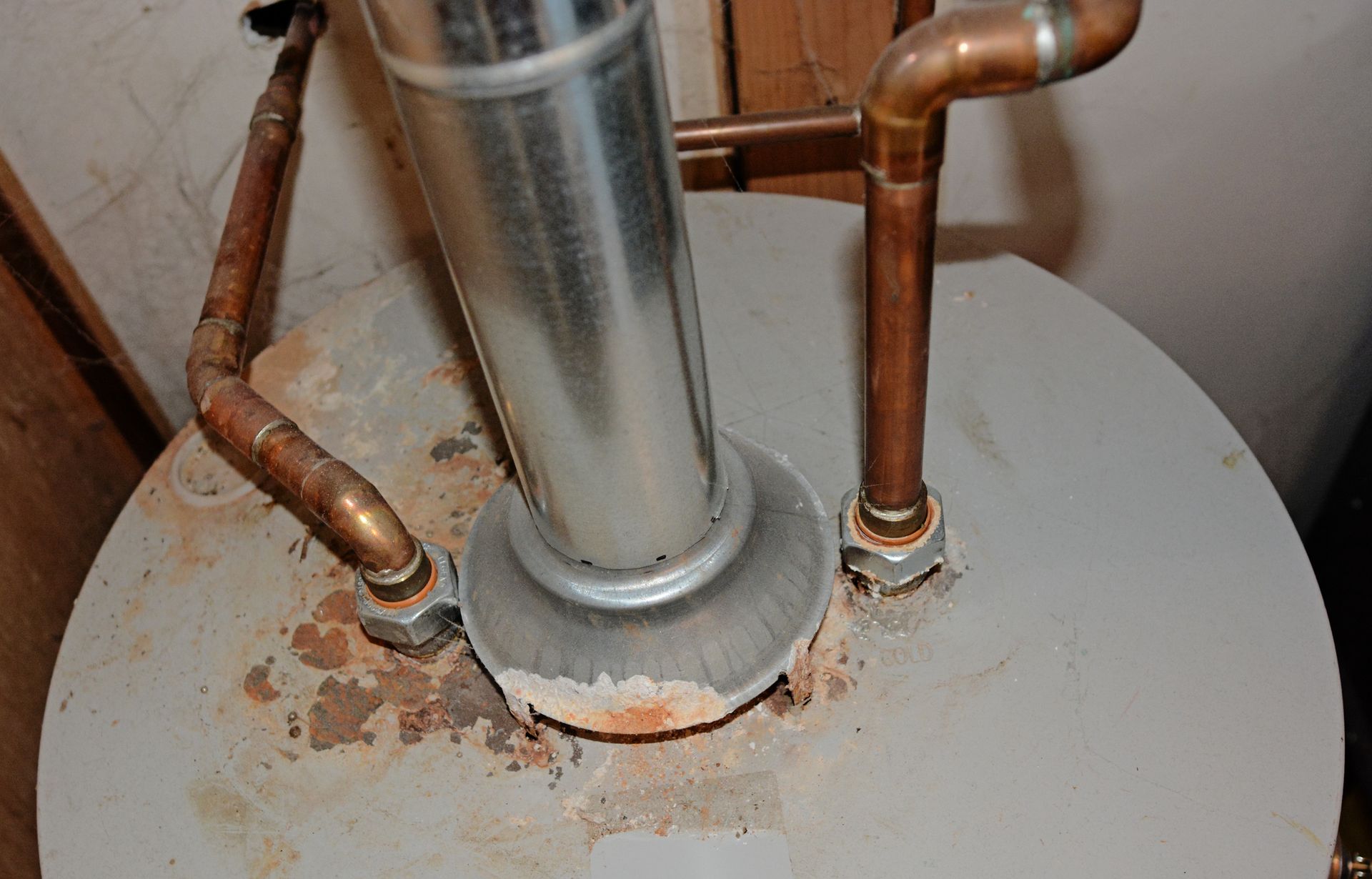Eco-Friendly Plumbing: A Sustainable Difference in Your Home

The term “sustainable” is making waves in numerous sectors, from renewable energy endeavours to holistic home design. Within this movement, plumbing, an integral component of any dwelling, stands poised for transformation.
Eco-friendly plumbing aims to blend the best green practices with advancements in the plumbing sector. This integration strives for minimal water usage, reduced energy consumption, and an environmentally conscious approach to daily domestic life. Embracing these eco-friendly strategies can bring significant utility bill reductions and diminishes the broader environmental repercussions of wasteful practices.
Water Conservation Systems: The New Norm
Water has been taken for granted in countless homes equipped with inefficient plumbing systems. Modern fixtures, such as low-flow toilets and water-saving faucets, are designed to curtail this waste. A shift to a high-efficiency toilet alone can save families gallons of water each year.
Moreover, with global water scarcity becoming an increasing concern, such individual household efforts play a crucial role in the broader mission of international conservation. These water conservation measures extend beyond mere eco-responsibility; they substantially impact household expenses, reducing monthly bills and promoting efficient resource use.
Energy-Efficient Appliances: Beyond Just Water
The environmental impact of traditional plumbing extends beyond water. Old-school systems, particularly those heating water, are notorious energy hogs. For example, many conventional water heaters operate ceaselessly, maintaining hot water irrespective of immediate demand, leading to unwarranted energy consumption.
This constant operation drives up energy costs and contributes to increased carbon emissions, exacerbating environmental concerns. Modern tankless alternatives, however, heat water solely upon demand, guaranteeing energy is utilized well.
Furthermore, insulation and thermal efficiency advancements mean even less energy is wasted during the heating process. Additionally, the latest designs of appliances like washing machines and dishwashers are meticulously engineered for minimal water and energy use. Such innovations indicate a broader industry shift towards eco-friendly and economical products, combining conservation efforts with consumer savings.
Eco-Friendly Options: The Role of Sustainable Materials
It's essential to recognize that the sustainability of plumbing isn't solely about conserving water or energy; the materials utilized play a pivotal role. Consider PVC pipes, which, while effective, pose various environmental challenges, especially during manufacturing and disposal. Contrast this with more sustainable choices like HDPE or PEX, for certain applications, which not only present a greener option but often outperform their traditional counterparts.
The move toward environmentally conscious materials also aligns with a global push for sustainability in the construction and home improvement sectors. When homeowners contemplate plumbing modifications or repairs, their material selections can wield a lasting environmental impact, highlighting the importance of informed choices in preserving our planet.
Looking Forward: Smart Tech and Plumbing
The dawn of the smart home era brings myriad opportunities to plumbing. Innovations such as intelligent leak detectors can proactively notify homeowners of potential issues, curbing water wastage and property damage risks. Similarly, sensors and monitoring systems allow homeowners to keep a closer eye on their water usage patterns, empowering them to make more informed decisions.
Likewise, contemporary intelligent irrigation systems can adapt based on real-time weather data, ensuring gardens receive water efficiently. By combining advanced technology with plumbing, a new paradigm emerges: resource optimization, eco-friendliness, and economic prudence come together, which transforms how we think about and interact with our homes.
Harnessing Natural Resources: Rainwater Harvesting
One often overlooked facet of sustainable plumbing is the potential of harvesting rainwater. Rainwater harvesting systems collect, store, and filter rain from rooftops, allowing homeowners to tap into a naturally recurring water source. With adequate filtration, this harvested water can serve various non-potable purposes, such as lawn irrigation and watering vegetable or flower gardens.
In areas prone to experiencing droughts or where water resources are stretched thin, these systems present a dual benefit. They reduce reliance on municipal water supplies and decrease stormwater runoff, which can contribute to local flooding. By utilizing what nature provides, homeowners reduce their ecological footprint and ensure a more resilient water supply for their households.
By shifting towards sustainable plumbing, homeowners contribute to a greener planet and enjoy tangible benefits in the form of reduced utility bills and enhanced home efficiency. This transition is more than a fleeting trend; it's a decisive step towards a future where homes harmonize with the environment.
If you're looking to make this pivotal shift in your own home, don't hesitate. Contact our expert team at Jim Dhamer Plumbing and Sewer, Inc., today at (630) 964-2222 and discover how you can seamlessly integrate eco-friendly plumbing solutions tailored to your needs.
Leave A Reply
More Posts









